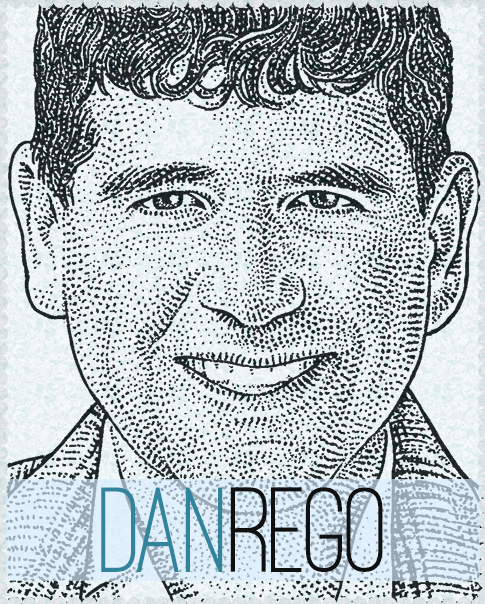07 Aug Sloppy Data & Hungry Press = Widespread Outrage
Are Uber drivers ganging up on you?

Or could it instead be a mix of sloppy data, weak research and frankly, a lack of critical thinking?
Uber has been having a rough ride lately. Almost every day a story comes out criticizing the company’s practices, drivers, passengers, investors or even its regulators.
Facing such scrutiny is helpful for all of us, given Uber’s ubiquitous presence in our everyday lives. However, it is imperative that any inquisition is based on solid facts.
Such premise fell short last week. A viral publishing claimed that Uber drivers are allegedly “gaming” the app, by organizing rebellious events in an online forum bringing about real-world consequences.
I was skeptical of the story from the very beginning, so I dived deep and found a classic example of the current phenomena involving the trifecta of questionable research practices, which leads to weakly produced news content, which in turn generates online hate.

The story claimed that researchers from the University of Warwick and NYU found “evidence” that Uber drivers were taking a stand against the company by organizing themselves, via a third party online forum. The plot would look like this: drivers would coordinate to turn off their apps at a scheduled time, which would reduce the number of available drivers, which, in turn, would trigger surge pricing, given the reduced supply of drivers against an unchanged demand from riders. That way, they could earn more money for each ride at the expense of passengers.
Just like news reports were quick to report the study without critically analyzing the data, so were the readers, who were upset by believing they were being overcharged. They turned to social media lynching, berating Uber drivers, calling for boycotts and other ways to “fight them back”.

I contacted the researchers but did not get any response before this writing. That did not stop me from thinking that scrubbing through data on an internet forum may provide enough anecdotal evidence for a high school paper. But not for an academic paper, much less to gather such international, widespread attention and clamor.
One of the key points of the research was the claim that this organized effort was a way to gain a sense of agency against their employer’s algorithmic management. Although I acknowledge that algorithmic management is a significant issue of our times, and further investigation is warranted, the research fell short on academic and press standards. It was based solely on anecdotal evidence.
The researchers reviewed 1,012 entries posted on UberPeople, an unofficial internet forum where anyone can write about Uber-related matters. From that putative source, the research divulged a 626-word press release revealing “their findings”, which was quickly picked up by hundreds of media outlets worldwide, gaining viral status and earning global front page coverage on that day.
The press release did not contain an actual research paper detailing their findings, nor a dataset irrefutably substantiating their claims. The researchers did not provide any evidence if the allegedly mass surge events claimed in the forum’s posts ever took place, let alone how often and where. Uber did not comment or back the report.

Although not impossible, executing a deliberate effort would be extremely challenging to implement. Via an asynchronous internet forum, it would take an enormous amount of coordination to get several strangers to turn off their apps at a very particular location at a very particular time. Uber drivers don’t have a simple way to identify who their peers are: there’s not such a thing as a company directory; no internal messaging platform; no company parties; no water cooler meetings; no driver’s union. While such a feat may have been attempted in the past, all coordination effort would be directed at creating a singular, local, and temporary price surge event. The thought of multiple instances of such events, on a widespread, recurrent, cross-Atlantic basis raises red flags to the research and to the media eager to report it.
Also, Uber’s algorithm is known to have safeguards to prevent surge pricing due to momentous efforts. Not that the algorithm is perfect, or that being managed by an algorithm is exactly desirable, but that coupled with the fact that drivers who adhere to such practices are going against the terms of use and risking permanently being expelled from the app, raises the question of how often those mass events could have actually taken place. Unless the researchers could analyze application logs from thousands of drivers they could prove such collusion.
In the meantime, this doesn’t seem to be a scientific study. Nor news. Research on algorithmic management, including its dehumanization characteristics and ways users fight back is welcome. However, this seems to be just another example of weak, non peer-reviewed science, based on sloppy data, that feeds a hungry press and generates internet anger in our post-truth world. – Dan
Keywords: Algorithmic management, research integrity, disinformation.



